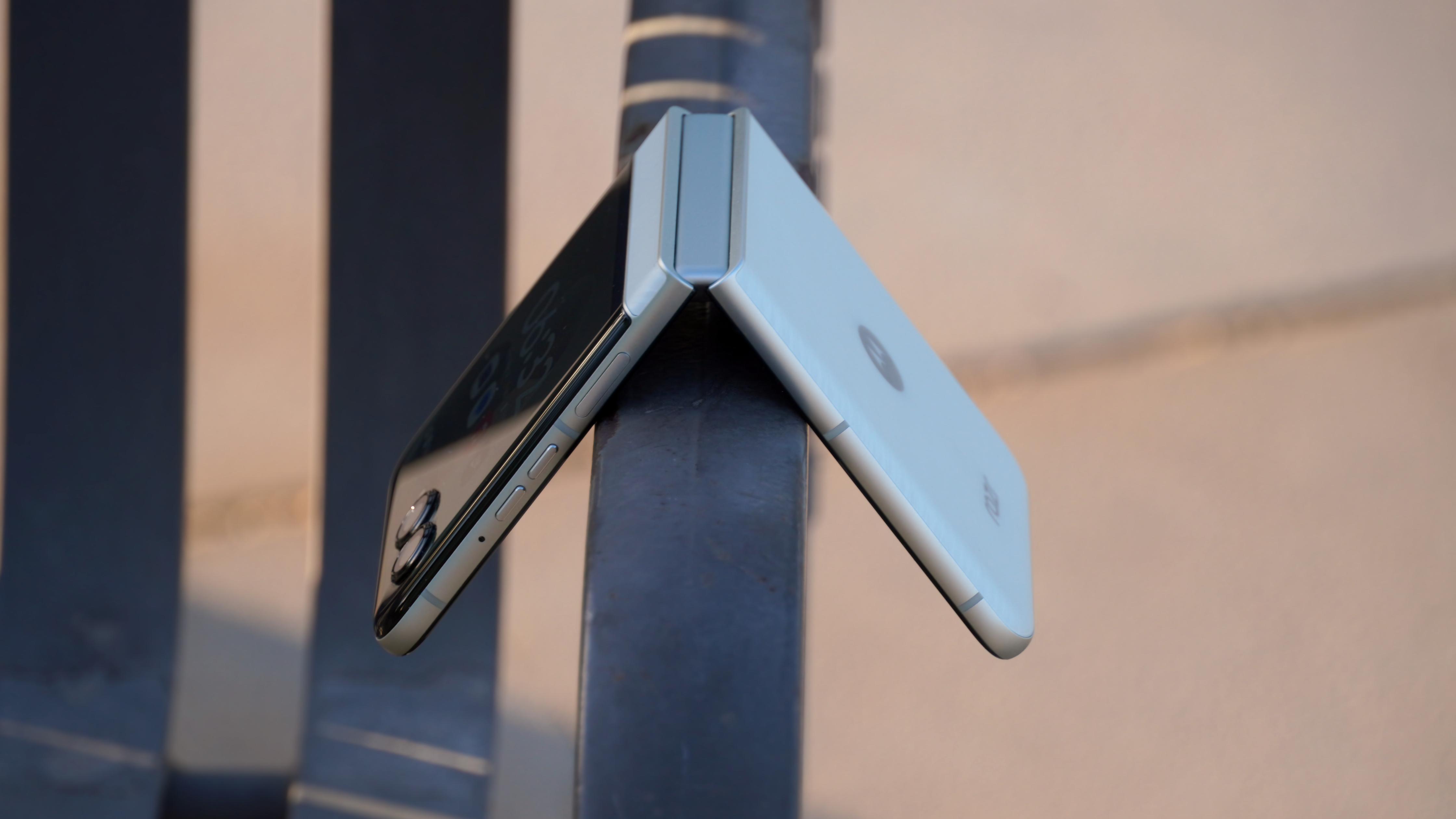Meta's making the Quest 2 more expensive. What does that mean for the future of VR?
Financial woes put Meta in a tight spot.
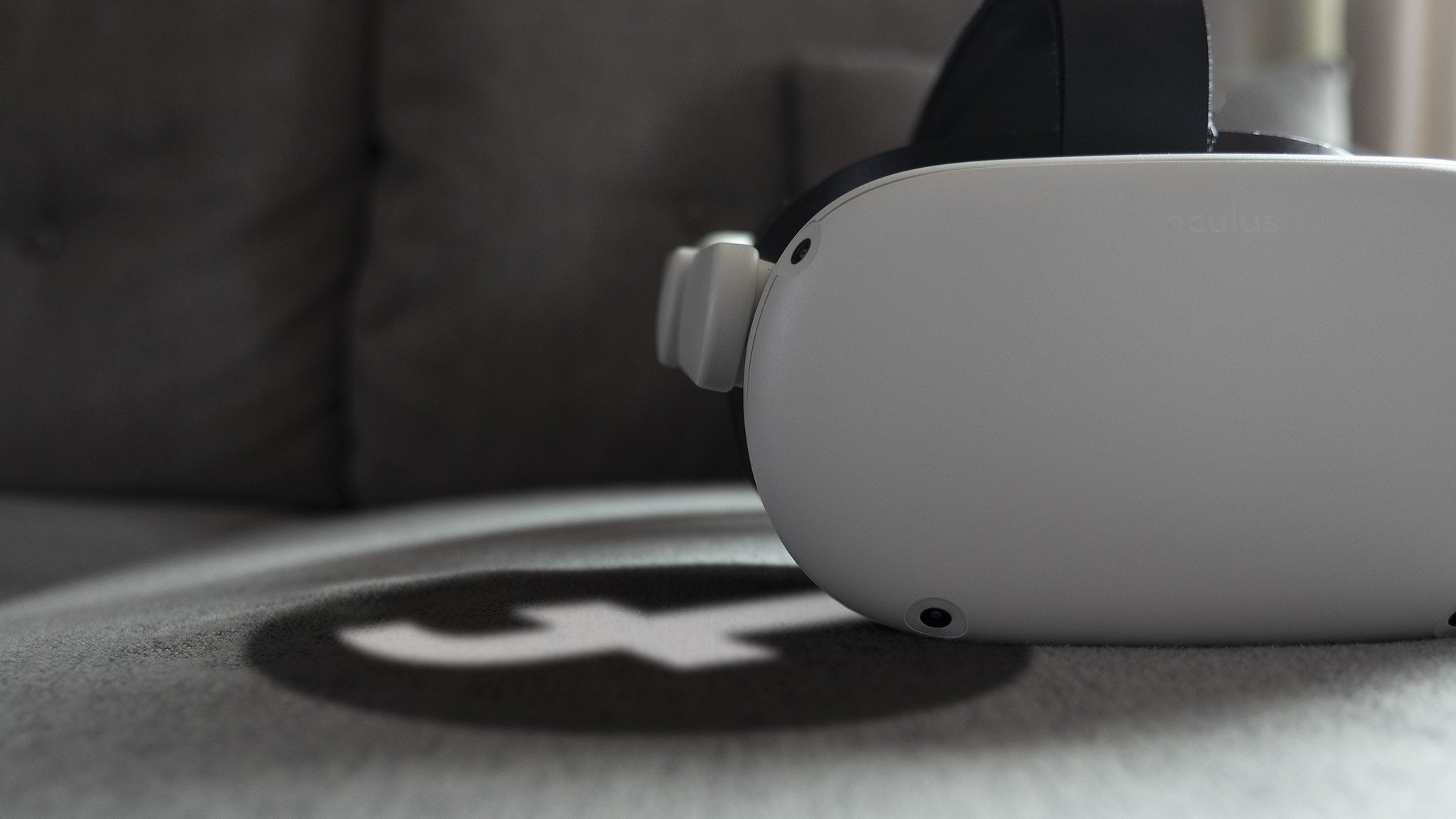
Meta announced today that it was increasing the price of the Quest 2 by $100, putting the 128GB model at $399 and the 256GB model at $499. Yes, you read that right: an unprecedented price increase is making the massively popular VR headset more expensive.
Though VR and Zuckerberg's metaversal shenanigans have really hurt the company financially, the Quest 2's been the best-selling piece of VR hardware for a long time.
Considering the Quest 2's sales momentum, this seems like a severe, anti-consumer misstep, right? Well, keep in mind, this is a company that's landed itself in hot water for selling its users' data, been instrumental in the spread of misinformation, busted unions, and was started so its founder could rank how attractive his classmates were. And that's just the tip of the iceberg.
So if Quest 2's so popular, why increase the price?
This price hike is a clear indicator of things to come; Meta is preparing to trim excess everywhere it can.
At face value, it's easy to see a major consumer product increase in price and point to the state of the U.S. economy right now, but no major platform holder's ever increased the price of its device or console, especially not two years after launch. Given everything we know about Meta's financial state, this has been a long time coming.
The Quest 2, like most game consoles and consumer tech, is sold at a loss. Instead of using hardware to fill in profit margins, platform holders profit off of software sales on their devices by taking a cut of all software sold.
This strategy, or at least Meta's high-loss version of this strategy, doesn't seem to be working. Last year, Meta Reality Labs, the tech conglomerate's division dedicated to VR, AR, and the Metaverse, reported $10 billion in losses. This is up from $6.62 billion in 2020 and $4.5 billion in 2019 (the Quest 2 launched in late 2020).
The company isn't just losing in the metaverse, though. It's no secret that Instagram and Facebook are being restructured to compete with the ever-snowballing juggernaut that is TikTok.
Get the latest news from Android Central, your trusted companion in the world of Android
Widespread losses compound on top of the seemingly constant controversy surrounding Meta to further shake the company to its already-addled core. This price hike is a clear indicator of things to come; Meta is preparing to trim excess everywhere it can.
Recent quotes from CEO Mark Zuckerberg obtained by The Verge further point to this. In an internal meeting on June 30, he told employees, "Realistically, there are probably a bunch of people at the company who shouldn’t be here, and part of my hope by raising expectations and having more aggressive goals, and just kind of turning up the heat a little bit, is that I think some of you might just say that this place isn’t for you." Understandably, this raised concern and anger among employees.
In the face of an economic recession and already financially challenging times for the company, layoffs are sure to follow. It's also possible that Meta will begin to take a bigger cut from developers on its storefronts.
This seems familiar...
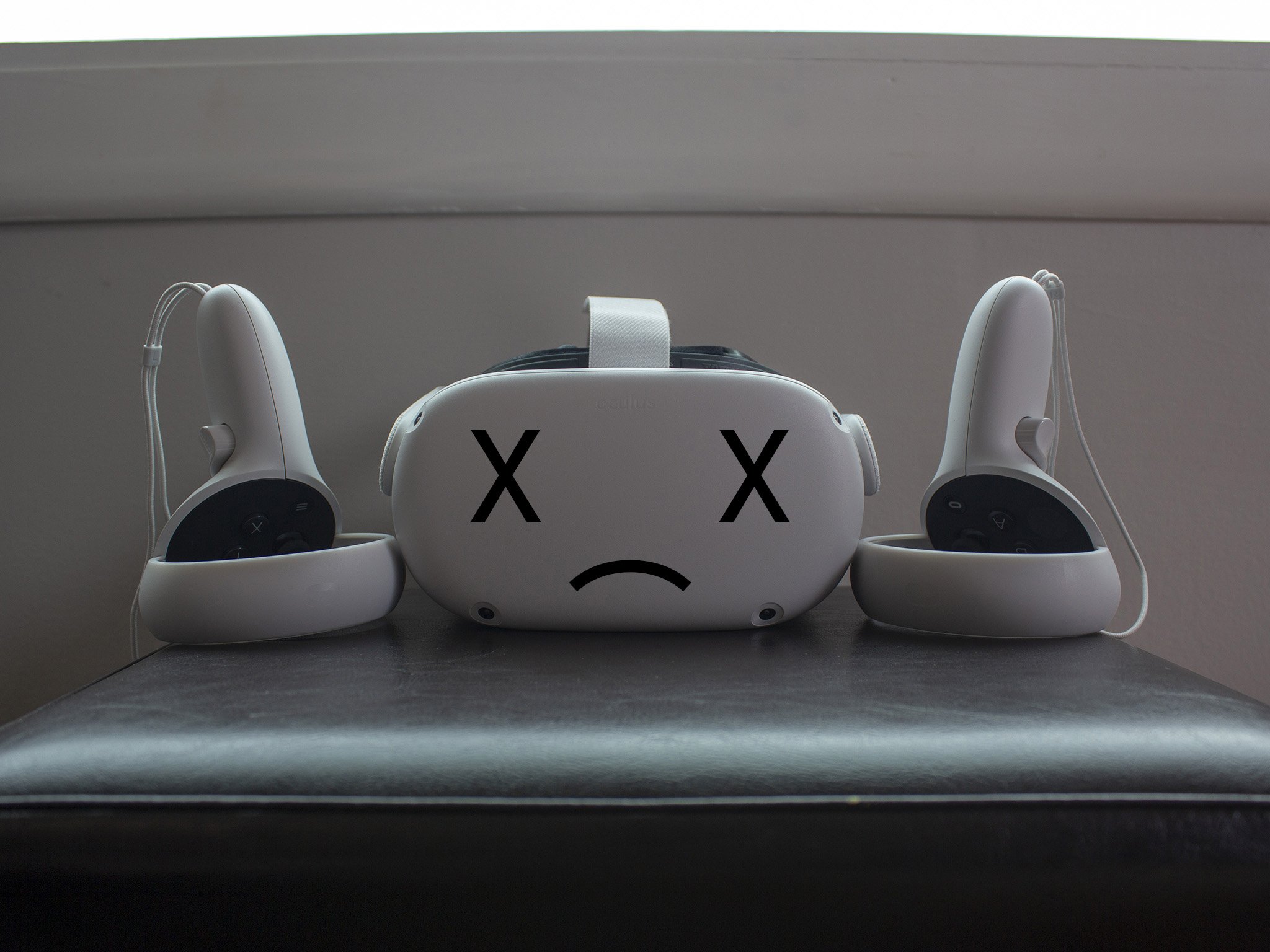
This isn't the first time a large tech company's tried to enter the gaming space, only to prematurely jump ship or make markedly anti-consumer moves after the venture doesn't immediately meet the desired expectations.
Stadia users, for example, will remember when Google shut down all first-party Stadia development studios before many of them were even able to release their first game.
That was certainly much more premature than this price hike in the middle of the second Quest's lifespan, but it feels tonally similar. This is an even more confusing move as the Quest 2 is likely to see its first legitimate competition for the first time in its lifespan sometime in the next few months.
Amazon expressed similar impatience with its early forays into gaming, though things seem to be turning around thanks to Twitch's ongoing success.
The elephant in the room
The PS VR2 seems to be months away. Just yesterday, PlayStation published a blog post detailing some new features for the headset. Unsurprisingly, many of these new features are improvements on quality of life features present in the Quest 2 and PC-dedicated VR headsets.
At first glance, Meta seems to be setting the table for Sony to swoop in and eat its lunch, but remember: To use PS VR2, you still need to get your hands on the hard-to-find PS5, and shell out the $400 to $500 to get one. To make matters better for Meta, the PS VR2 doesn't boast the same approachable, cordless form factor.
Setting the Quest 2 at that same price point is likely to draw comparisons between it and Sony's platforms. If the PS VR2 launches at the same $400 price point as the first one, you'd need to shell out twice the money to play PS VR2 as you would to get your hands on a Quest 2.
Of course, Sony has something Meta doesn't: cultural cache and a dedicated fanbase. First-party PlayStation titles are likely to drive profits in a way Meta's comparably sparse first-party offerings on Quest 2 haven't.
Even though it doesn't have a launch date, PS VR2 has multiple major first and third-party titles lined up. These are sure to drive a profit regardless of the point of entry thanks to PlayStation's large, dedicated user base.
This seems like the wrong approach
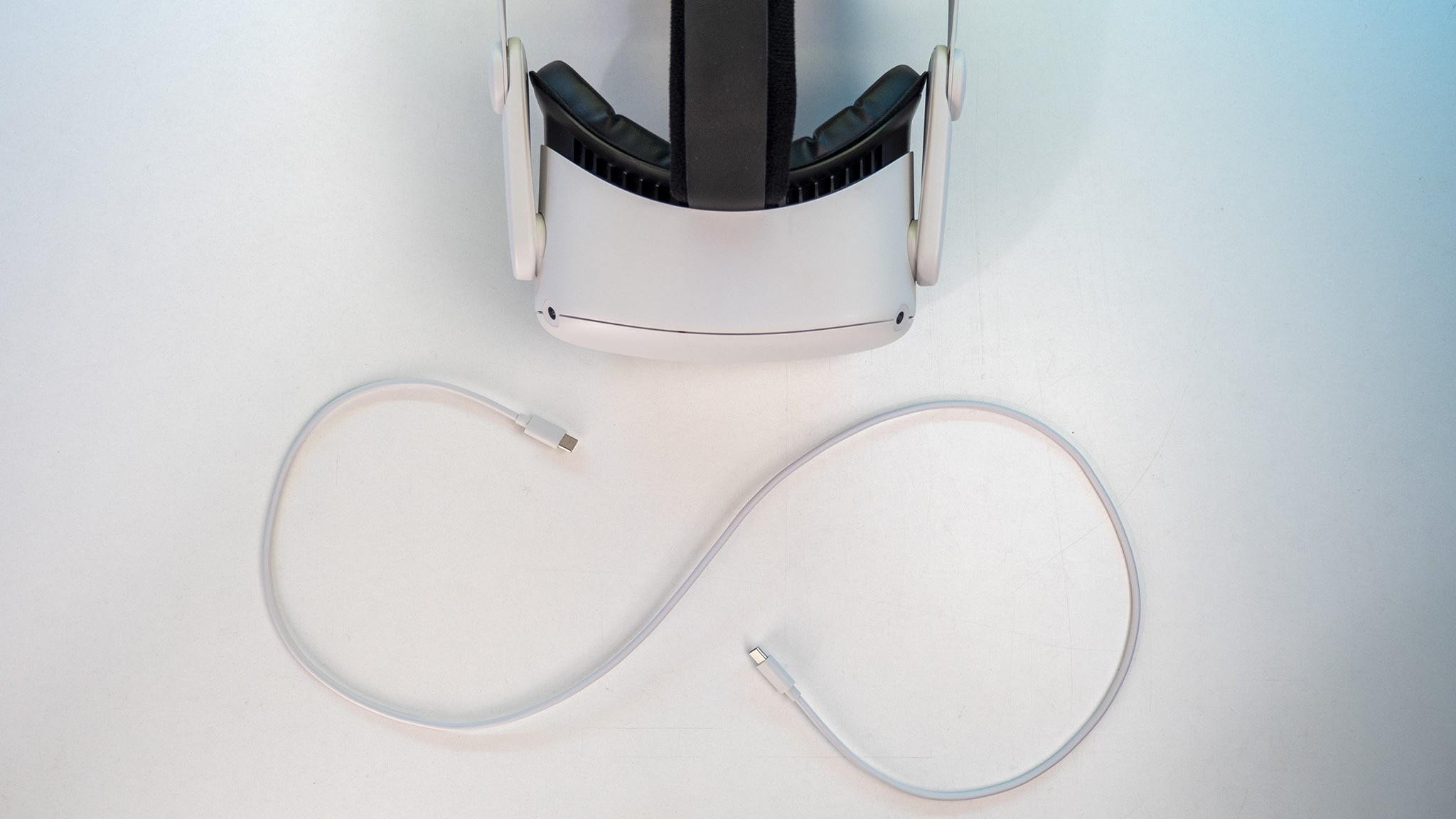
Gaming is and always has been a very expensive hobby. The most dedicated and hardcore of consumers — the same who happily drop $100 on a collector's edition of a game —are sure to still shell out the cash, no matter the asking price. No other headset on the market has the marketing budget, brand recognition, and approachable form-factor of the Quest.
The average consumer, who was already likely to think twice about a $300 VR headset is sure to balk even more at the $400 point-of-entry. This price increase could signal a shift in Meta's approach to VR and AR.
So what's next for Meta?
Despite the financial troubles it's causing, Meta seems to be maintaining course and investing in the Metaverse and VR. Recent ad campaigns show the company's vision for the future; VR and AR-integrated lecture halls and workspaces promise a totally-not-dystopian, more connected future. This all hinges on its next headset: Project Cambria.
Meta's not playing coy with its hopes for Cambria. Serving as an upgraded refresh of the Quest 2's hardware, Cambria will lean further into augmented reality. This is one step closer to a more holistic realization of Meta's hopes for its hardware. Meta isn't just targeting average consumers anymore, it's setting its sights on the office space.
Meta isn't just targeting average consumers anymore, it's setting its sights on the office space.
With remote work becoming increasingly important to today's workforce, Meta wants to establish VR and AR as a means of bridging the potential communication gaps opened when people work from home. The teaser for project Cambria illustrates this perfectly. Messaging software, web browsers, calendars, and other software that could be used for productivity are laid out over a desk in AR.
This shift isn't just a play to make Meta's hardware more viable in an office setting, it also opens up opportunities to develop and sell dedicated, proprietary software. Beyond the guaranteed hardware and software sales that could theoretically come with Cambria, it also gives Meta more opportunities to collect and sell user data to advertisers, which is the company's primary source of income.
What does it all mean?

Meta doesn't seem to face any serious threats in the VR space yet, and it has so much money that it's able to take some serious financial risks and subsequent hits in order to make a play at the long game. Of course, shareholders might not feel the same way, and could urge the corporation to further shift its strategy.
Until Project Cambria becomes a more well-defined product with a release date, price point, and more details, all this price increase means is that Meta wants to make more money from the Quest 2.
With little to no competition on the immediate horizon, that's exactly what will happen. If you want to get your hands on one for under $400, chances are you'll need to start looking for deals on the Quest 2 in the future.
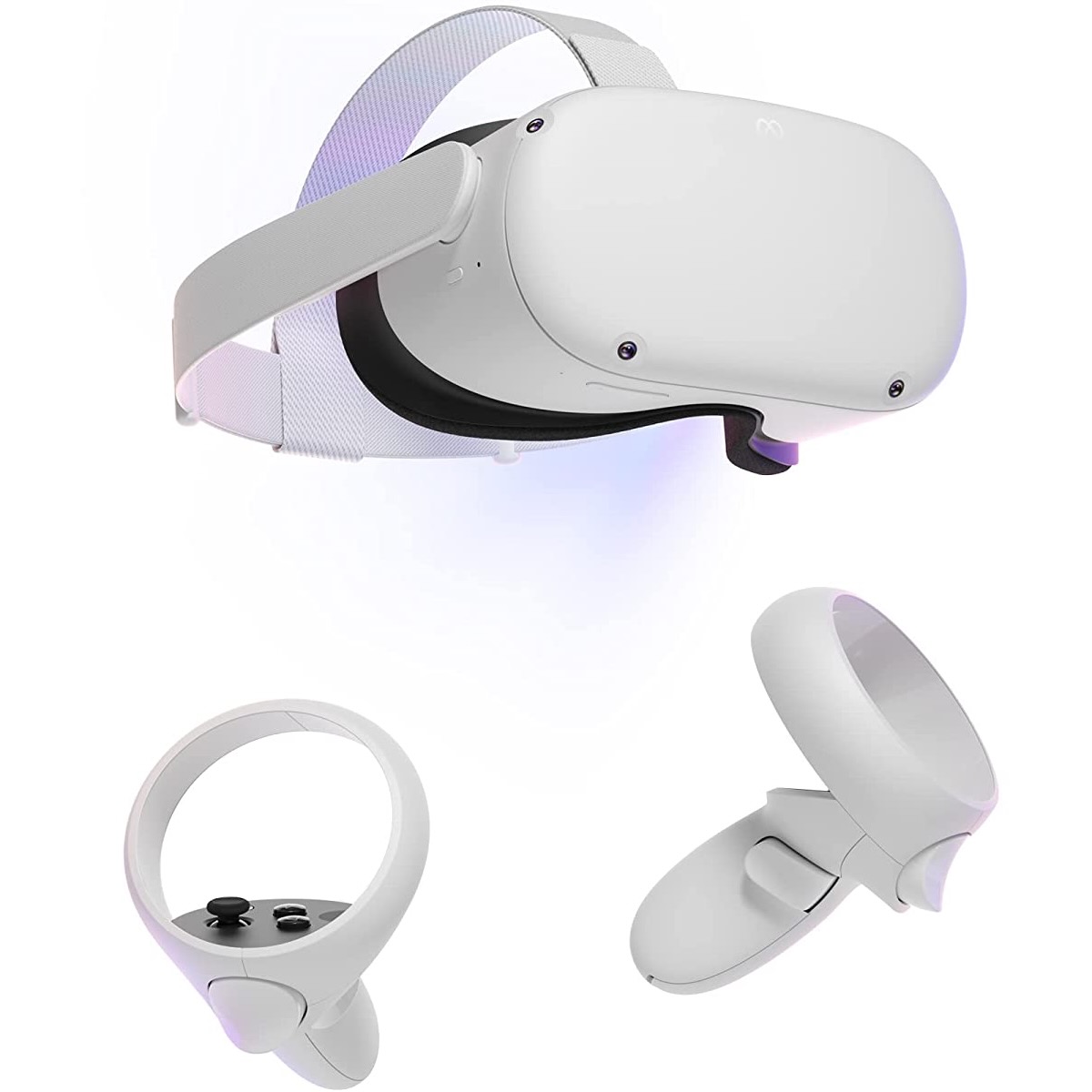
The best VR experience
While it'd be all the better to grab a Quest 2 at its old price, it's still a fantastic headset. Its approachable, cordless form-factor and stellar library make it our go-to virtual reality machine.

Charlie's a freelance contributor at Android Central from Milwaukee, WI.
